Interview with Paul Andre de Vera, Founder of SEO Video Show and SEO Consultant
In this insightful interview, Paul Andre de Vera shares his journey from corporate SEO to launching his own SEO agency. He discusses the importance of video content in SEO, the tools he utilizes, and how he leverages the capabilities of an SEO agency to optimize results for his clients.
Table of Contents
- 🚀 How did you get your start in digital marketing and SEO?
- 🛠️ What tools did you use during your SEO journey?
- 🏆 Can you share any early wins you had with SEO?
- 🔄 How did you transition from corporate to agency work?
- 👥 Who was your first client and how did you acquire them?
- 💻 What platforms did you rely on when starting your agency?
- ✨ What features of Search Atlas impressed you the most?
- ⏳ How has using the Search Atlas platform impacted your time management?
- 🌟 Can you describe a significant client success story?
- 🔄 How has your agency's client retention been affected?
- 🎯 What are your future goals with your agency?
- 📈 How has the growth of your agency been since implementing new strategies?
- ✨ What new features are you looking forward to from Search Atlas?
- 📊 In your opinion, how has the SEO landscape changed recently?
- 🎥 What role do you think video will play in the future of SEO?
- 🔍 How can Search Atlas help you stay competitive in the future?
- ❓ FAQ
🚀 How did you get your start in digital marketing and SEO?
I've actually been doing SEO for about twenty years now. It started when I was out of college. I had a multimedia degree where I was building websites, and it just naturally came to me. There weren't even jobs ready or available at that time. When SEO came about, it was like, who can do SEO? Oh, maybe a webmaster can. That's when I got tapped on the shoulder for a lot of things. I got my first corporate job back in 2011 at SAP, and I was doing a lot of their SEO.
When I started building my own websites, I was registering domains on Network Solutions. Buying domains and building these websites was my initial entry into the field. Web development is such a gateway for many people. You build sites, and then you think, how do I promote them? How do I get exposure?
🛠️ What tools did you use during your SEO journey?
As I practiced SEO, I learned from my mistakes. You learn what works and what doesn’t, and you get your first-party data. You can listen to others and maybe use that as a head start. I wouldn’t just trust it right away. I would implement it and see if it works, testing things on my own personal websites. Even with a brand's authority, you can see what moves the needle.
I've worked at several companies, including Workday and Dropbox. At SAP, we started with Conductor, then moved to BrightEdge. For personal projects and consulting, I began using tools like Ahrefs, Semrush, and Majestic. In the past few years, I also started using content optimization tools. A lot of it was about testing and seeing what worked.
One of the guys I followed closely was Kyle Roof, who was doing a lot of testing to see what worked. I also engaged with the SEO Intel team, who conducted tests that we could implement.
🏆 Can you share any early wins you had with SEO?
We do SEO for the gratification of winning. It's like a game, a leaderboard. When I beat competitors like Oracle or Workday with SAP, it felt incredible. These were huge companies with big teams, and we were all trying to achieve the same goals. I remember trying to hire an SEO; my role involved search strategy, managing both PPC and SEO. I love winning and playing the game, and beating these large companies is something I always look forward to.
One of my strategies at Workday drove over five hundred million in yearly revenue from the organic channel alone. That was a huge win for us and definitely something to brag about.
🔄 How did you transition from corporate to agency work?
I always thought about starting my own agency and becoming a consultant. I left Workday to work for a startup during the pandemic, but I was let go. That was the first time I was forced to work for myself. I had side clients, but now I had to go full-time. After a year of applying for jobs and not landing anything, I decided to focus on finding clients instead of applying for corporate roles. That’s when I truly made the switch.
Learning digital marketing in a corporate environment gives you skills that are invaluable when you decide to go out on your own. You can build your shop, your team, and your brand while using that knowledge to accelerate the growth of your new business.
👥 Who was your first client and how did you acquire them?
My first clients were mainly old colleagues. After twenty years in the enterprise game, you meet many people who move to different companies. They become the contacts you rely on. I reached out to former colleagues to see if they needed SEO help. One of my first significant clients was Dropbox. I didn't work there, but they were a big client for me, and I had them for a few years.
When my colleague left Dropbox, she introduced me to another company she joined. It's essential to maintain a network of people you've worked with; they often become your clients in the future.
💻 What platforms did you rely on when starting your agency?
When I started building my shop, I primarily used tools like Ahrefs and Semrush. BrightEdge and Conductor were out of my budget since they are enterprise-level tools. Even small tools can add up quickly. With subscriptions to Semrush, Ahrefs, and Majestic, along with content optimization tools, I was able to create a solid foundation for my agency. I also utilized platforms like Pop and Quora to support my efforts.
✨ What features of Search Atlas impressed you the most?
The features of Search Atlas that have truly impressed me are centered around its automation capabilities. For instance, the auto AI feature has been nothing short of revolutionary. When I implemented it, I saw a dramatic increase in my website's performance, which I can only describe as a hockey stick growth. Before, my optimizations were yielding gradual improvements, but with auto AI, the results became exponential.
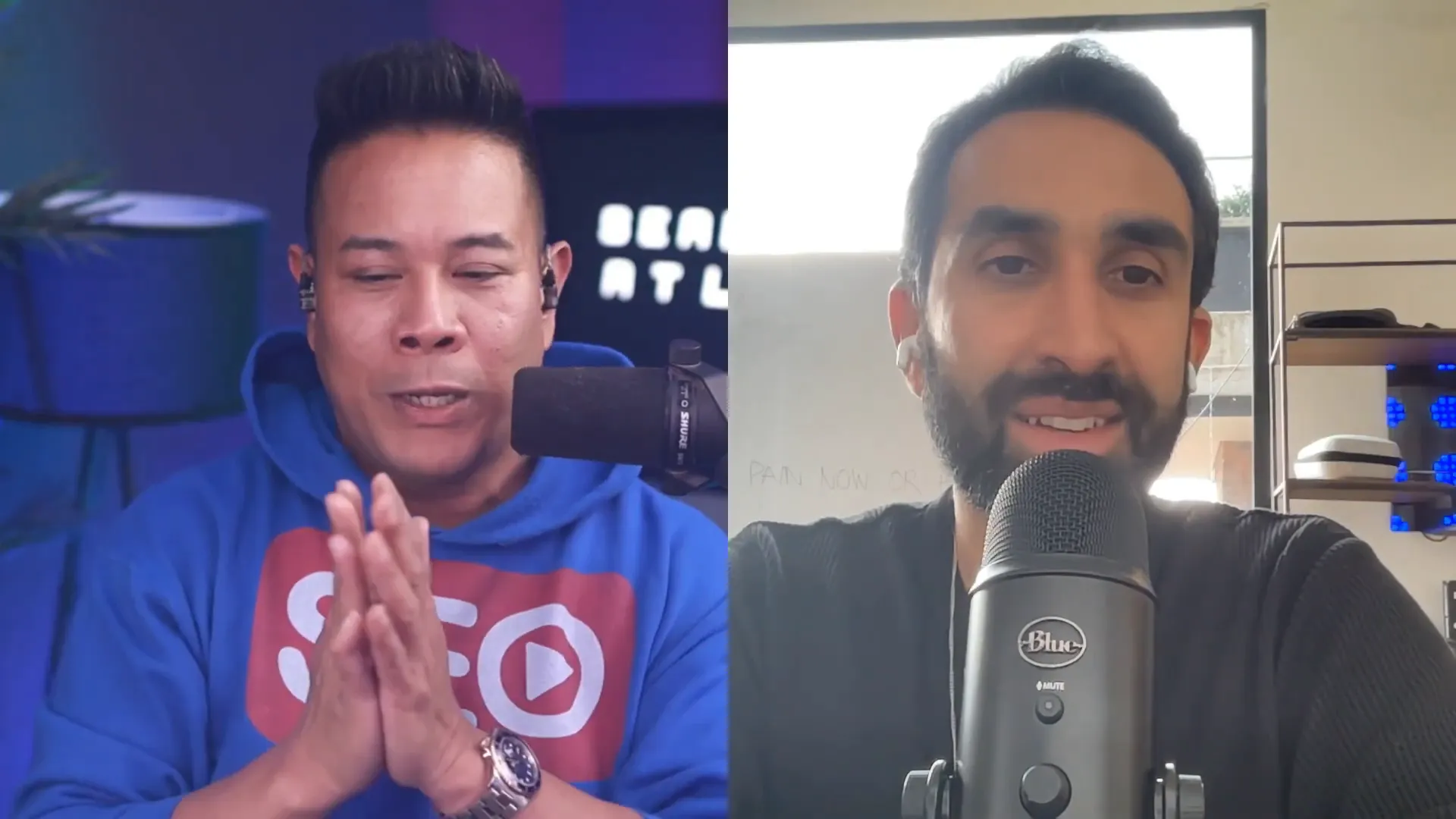
Another standout feature is the time-saving aspect. For one of my websites, I've saved over six hundred sixty-three days of manual work just by using auto optimizations. It’s incredible to think that a single click can save so much time. This allows me to focus on more strategic tasks rather than getting bogged down in tedious optimizations.
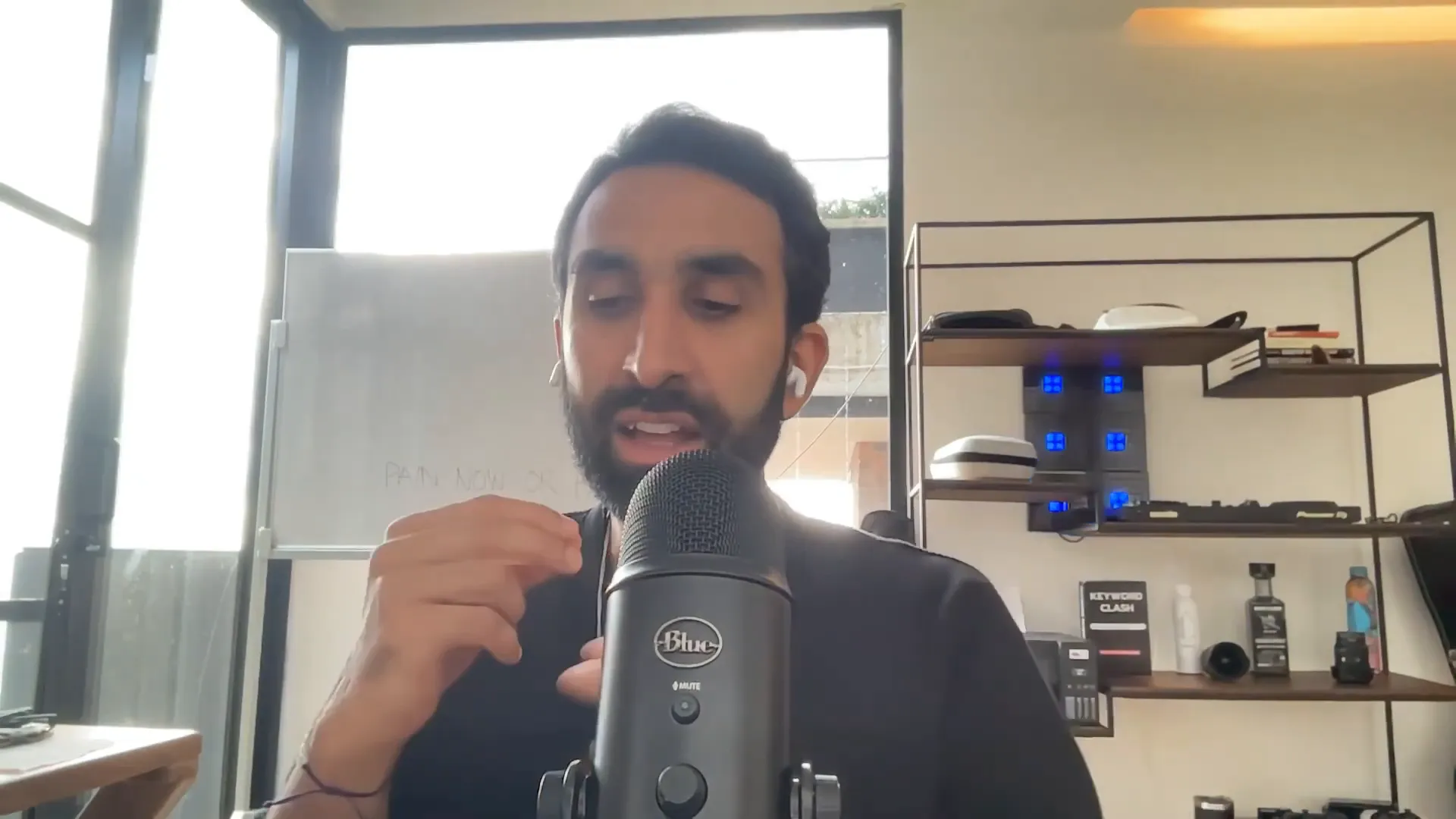
⏳ How has using the Search Atlas platform impacted your time management?
Using Search Atlas has drastically improved my time management. Before adopting this platform, I spent countless hours on manual optimizations for various clients. Now, I can implement changes across multiple websites from a single dashboard. This consolidation has allowed me to scale my efforts significantly without sacrificing quality.
For example, I used to struggle with managing alt texts and meta descriptions on larger enterprise sites, which often had cumbersome CMSs. Now, I can automate those tasks, freeing up my time to focus on building backlinks and other high-impact activities.
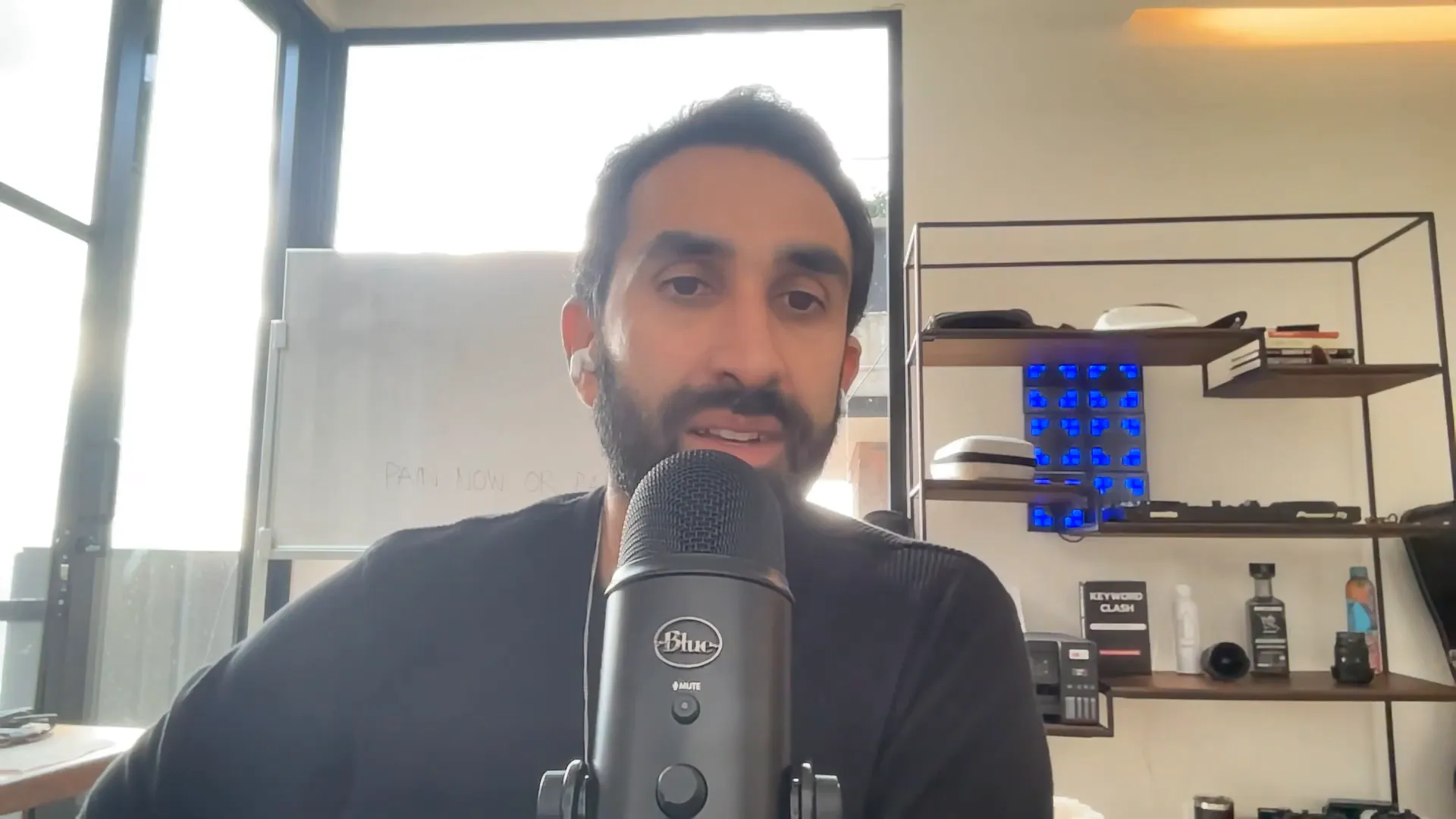
🌟 Can you describe a significant client success story?
A significant success story comes from my work with a personal injury lawyer. They were struggling to increase their call volume, but after implementing Search Atlas's auto AI features, they saw a remarkable uptick in inquiries. They reached out to express their excitement, noting how the calls had increased significantly over the past few months.
This success is a testament to how compressed SEO labor can lead to quicker results. By utilizing auto, I was able to accomplish in a fraction of the time what would normally take months of manual work. The client was thrilled with the results and expressed deep appreciation for the effectiveness of the strategies we implemented.
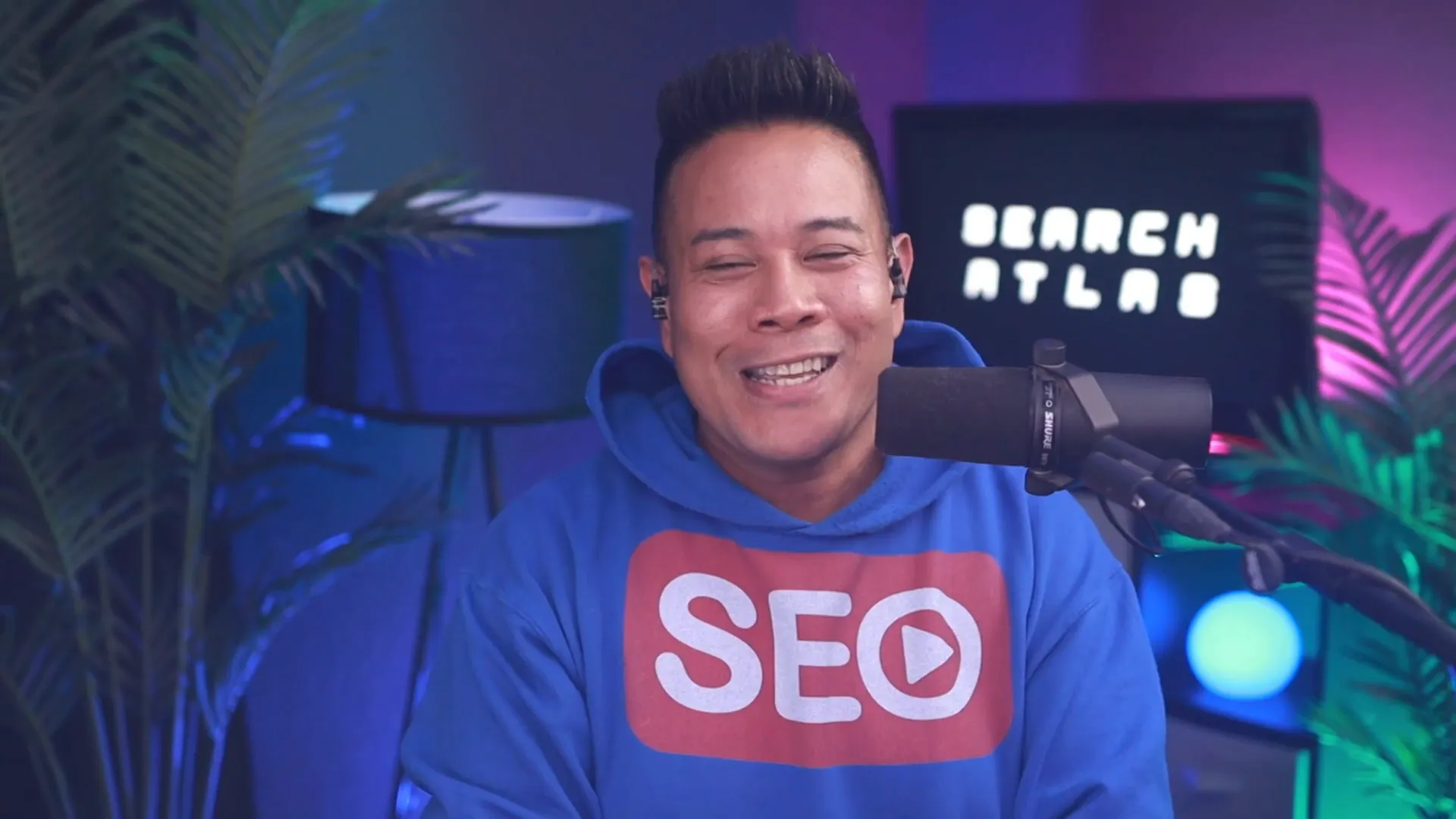
🔄 How has your agency's client retention been affected?
Client retention has been exceptional since I started using Search Atlas. Every client I've worked with has remained engaged and satisfied with the results. One client even asked if they could pay me more to get additional leads, showcasing their trust in my services and the effectiveness of the platform.
While I am still primarily a consultant, the platform has allowed me to manage my clients more effectively. My goal is to transition into a full-fledged agency by 2025, and the positive client retention rates I've experienced are encouraging signs that I'm on the right path.
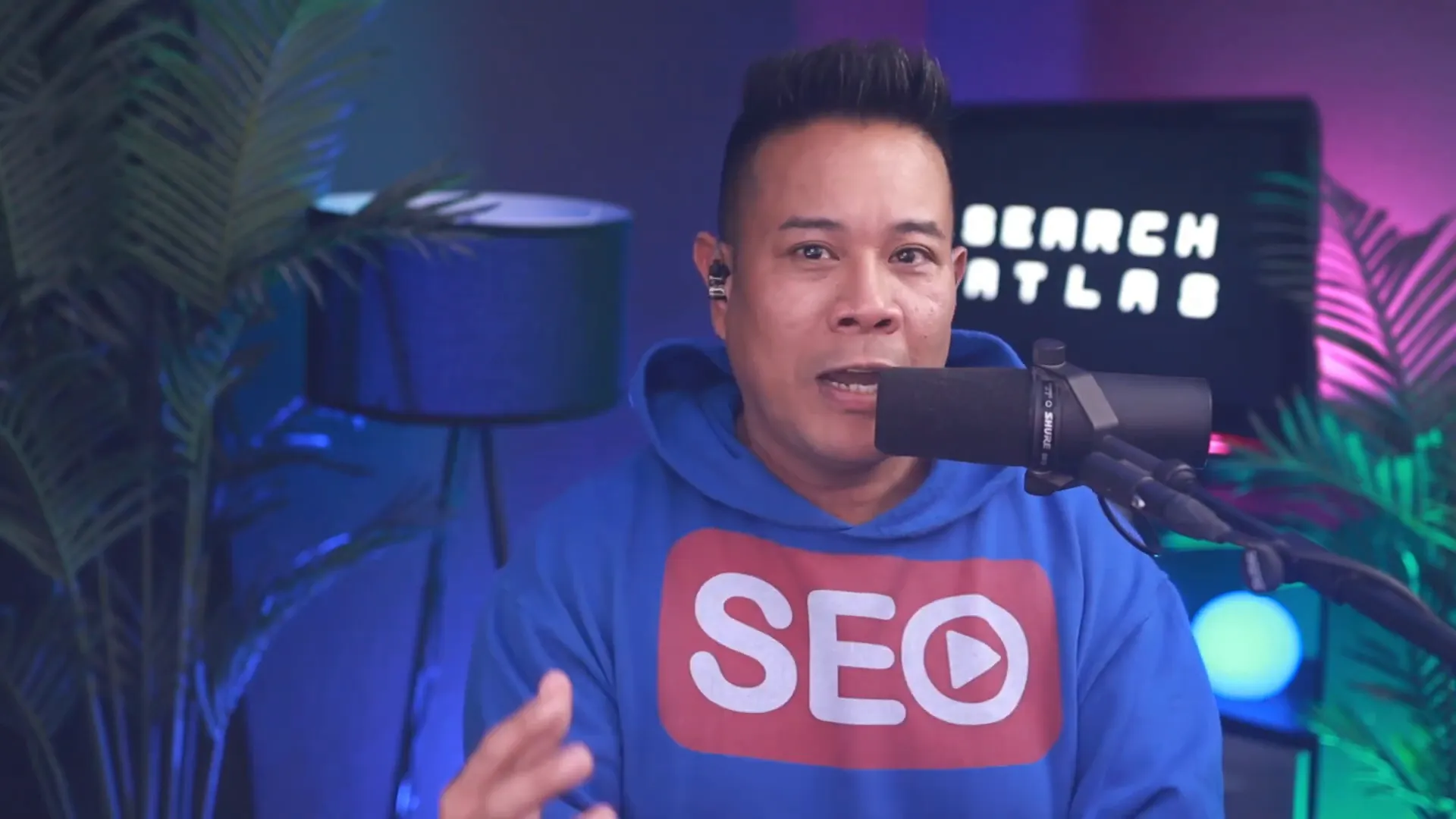
🎯 What are your future goals with your agency?
My future goals for the agency are ambitious. I aim to double the number of clients I manage by 2025 while transitioning from a solo consultant to a full-fledged SEO agency. To achieve this, I plan to leverage Search Atlas to streamline operations and improve efficiency.
Additionally, I want to build a team that can help execute the strategies I have in place. By hiring virtual assistants and junior staff, I can delegate tasks that are currently taking up too much of my time, allowing me to focus on higher-level strategies and client relationships.
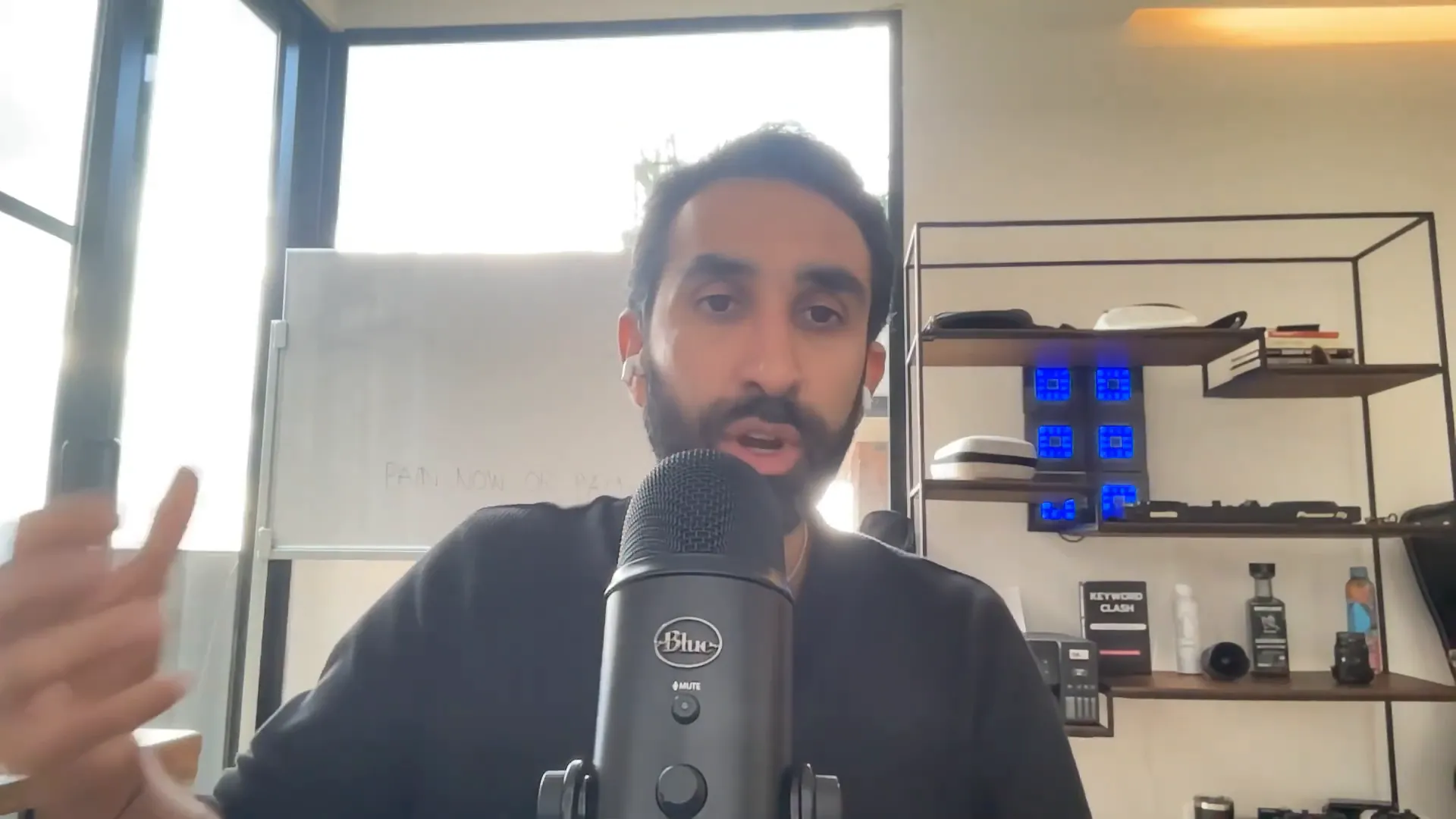
📈 How has the growth of your agency been since implementing new strategies?
Since implementing new strategies through Search Atlas, I've seen remarkable growth in my agency. I began with managing three websites and have now doubled that number to six in less than a year. This growth has been achieved while still operating solo, which speaks volumes about the efficiency of the platform.
With the addition of two smaller sites, my capability to manage multiple clients has expanded significantly. I anticipate that once I reach ten clients, I will officially consider myself an agency. The growth trajectory is promising, and I’m excited to see where it leads.
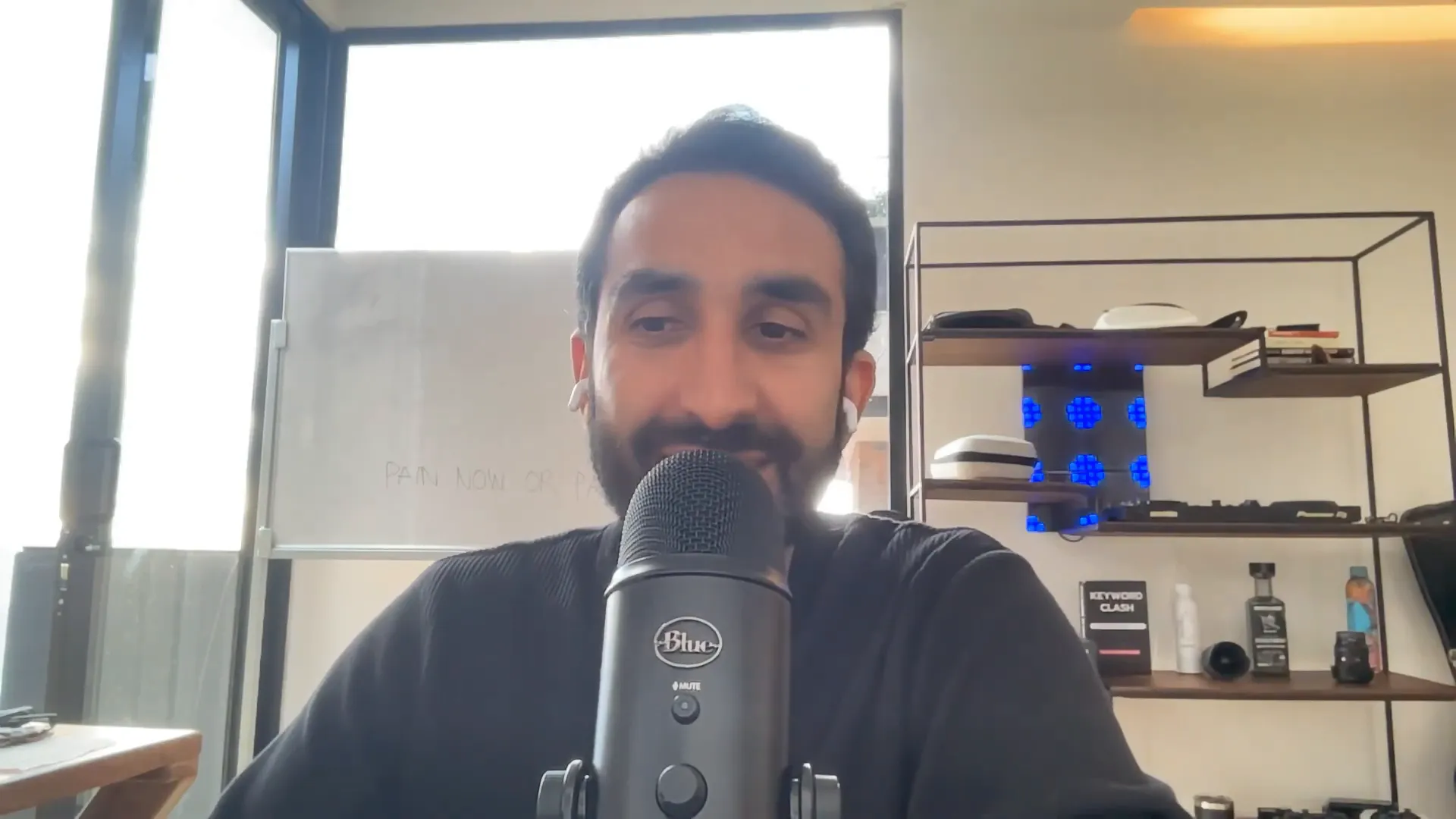
✨ What new features are you looking forward to from Search Atlas?
One feature that stands out to me is the Scholar Score. It allows you to benchmark your own algorithm against others, which is incredibly valuable for anyone involved in SEO. Additionally, I'm really looking forward to the paid search feature. As someone who has experience managing both paid and organic search, I see this as a game changer for my clients. It simplifies processes and saves time, which is always a win in my book.
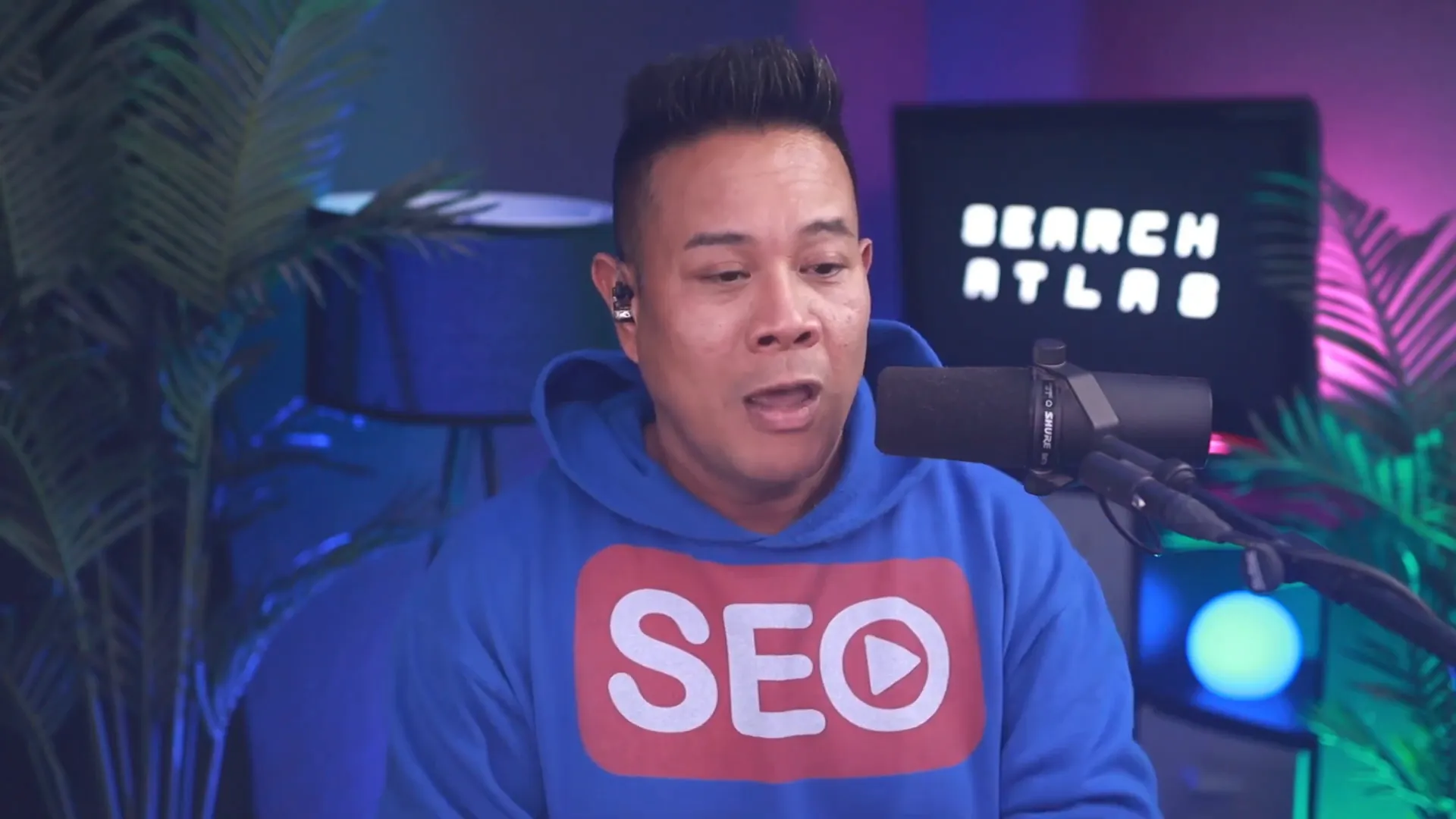
Another feature that catches my attention is the focus on Answer Engine Optimization (AEO). We're beginning to see the importance of optimizing for AEO as search engines evolve. The ability to track how AIs like ChatGPT are using our data is a unique offering that no other platform provides. This can give us insights into how to improve our visibility in this new landscape.
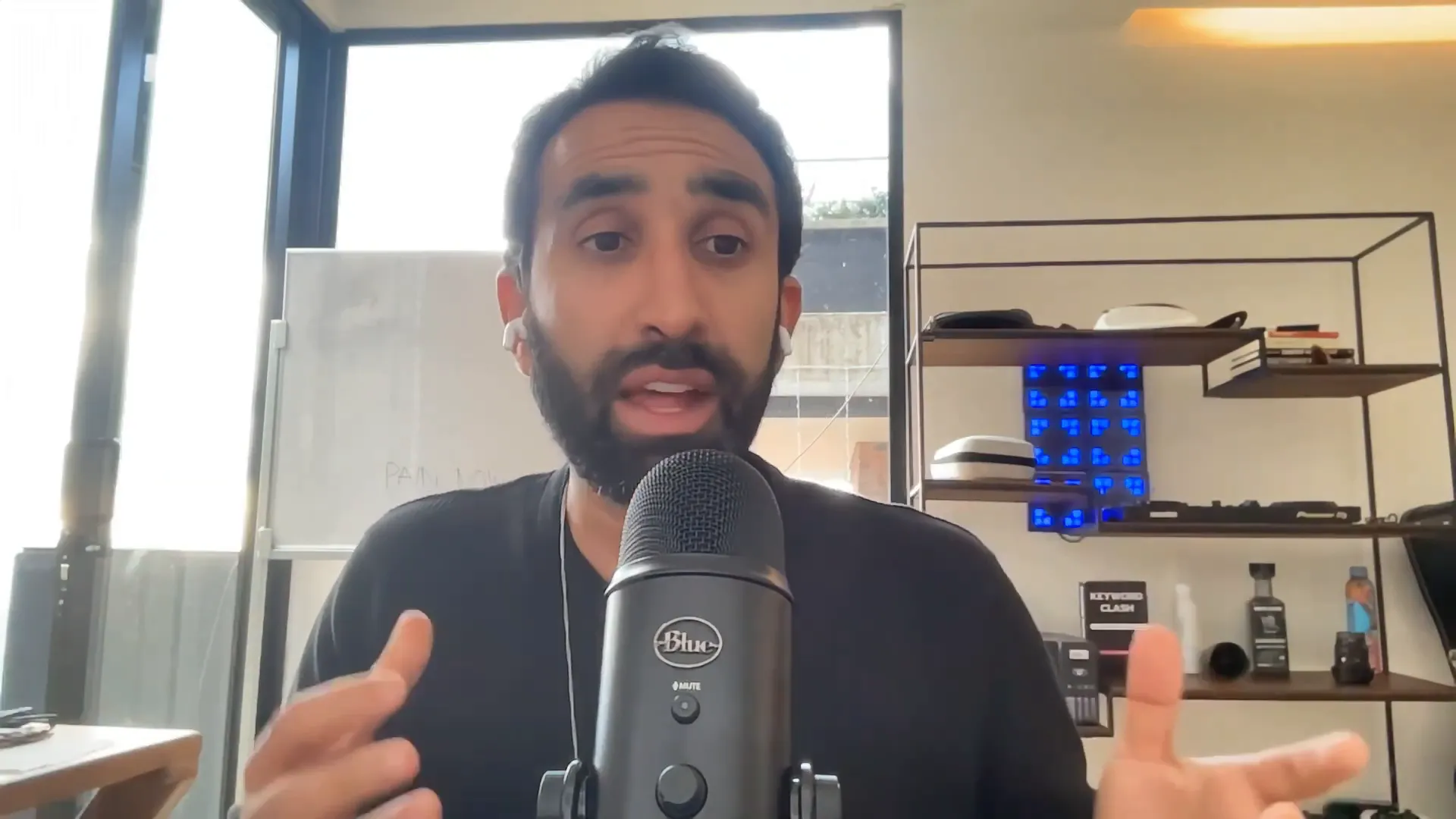
📊 In your opinion, how has the SEO landscape changed recently?
The SEO landscape is evolving at an unprecedented rate. Over the last two years, we've witnessed significant changes in how search engines operate. Google is continuously updating its algorithms and introducing new features that prioritize user experience. This shift means that SEO strategies must adapt quickly to remain effective.
Video content is now taking up substantial real estate on search results pages. The carousel features have become dominant, and Google is emphasizing video in its case studies. This trend indicates a growing demand for video content, which is something every SEO professional needs to consider in their strategies moving forward.
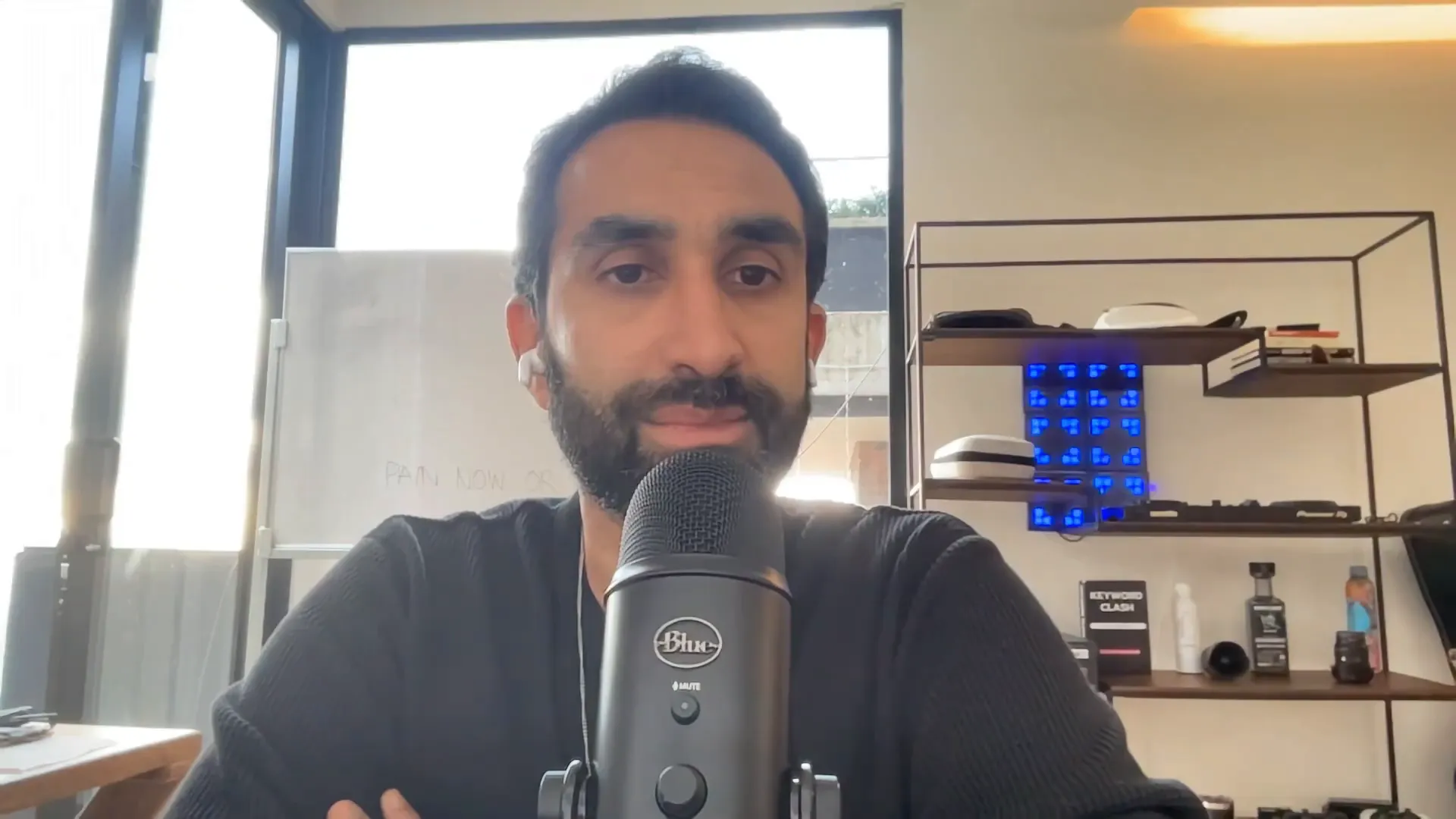
🎥 What role do you think video will play in the future of SEO?
Video is going to be crucial for SEO in the coming years. It’s not just about having text-based content anymore; video is taking center stage. Google has been increasingly prioritizing video content, and this trend will only continue. For many queries, creating a video response is far more efficient than writing lengthy articles.
As we approach 2025, I believe video will dominate the search landscape even more. It's a more engaging format and can convey information quickly and effectively. I'm excited to see how Search Atlas will help us leverage video to enhance our SEO strategies further.
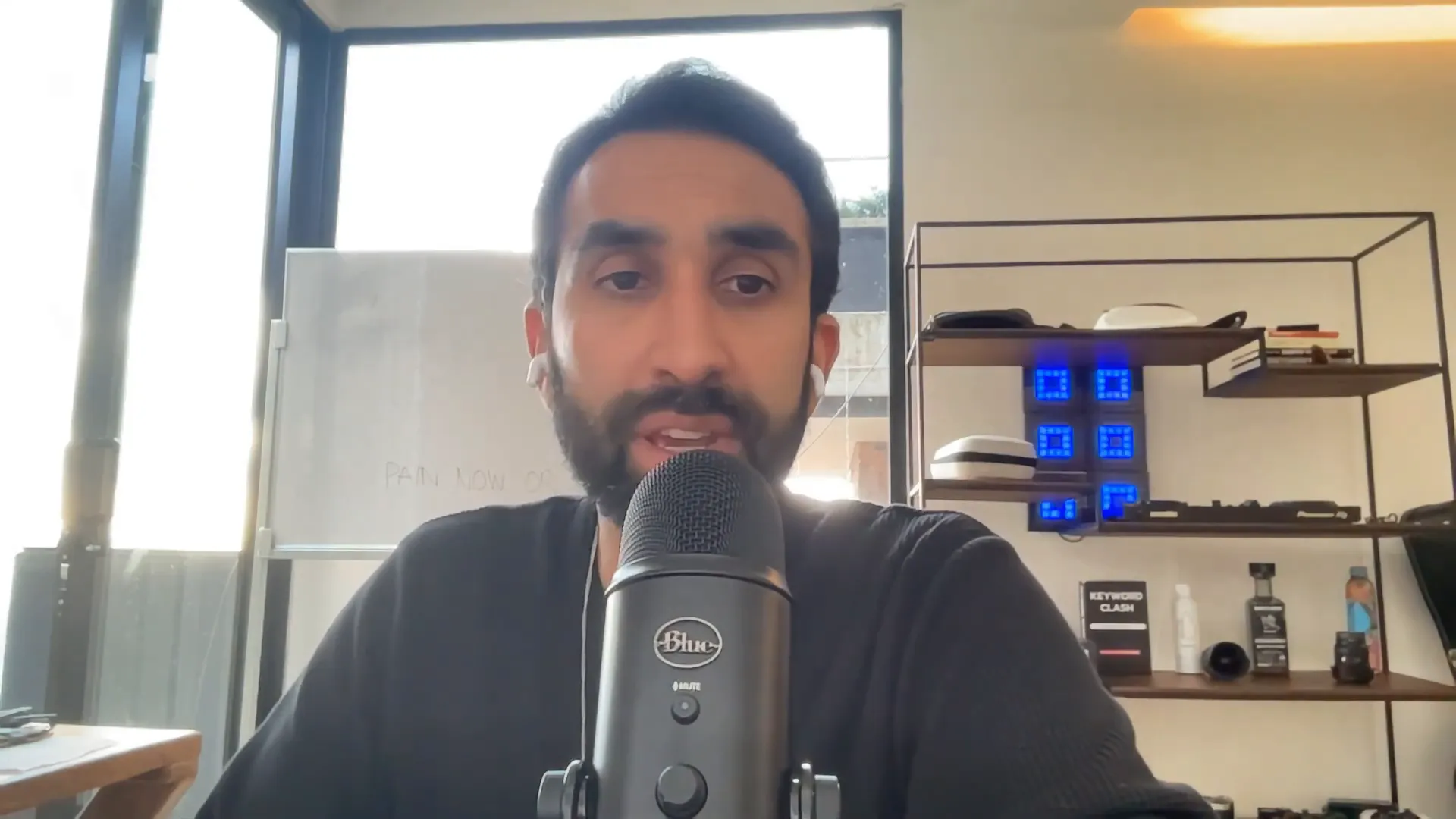
🔍 How can Search Atlas help you stay competitive in the future?
Search Atlas is positioning itself as a vital tool for staying competitive in the SEO landscape. The ability to analyze SERP features and filter for video carousels provides insights into what competitors are doing. This data helps in identifying opportunities for creating video content that can capture audience attention.
Additionally, the platform’s focus on automation allows me to optimize multiple websites efficiently. By streamlining processes, I can focus on high-value tasks like strategy development and client engagement rather than getting bogged down in manual work. This efficiency can be a significant advantage as competition intensifies.
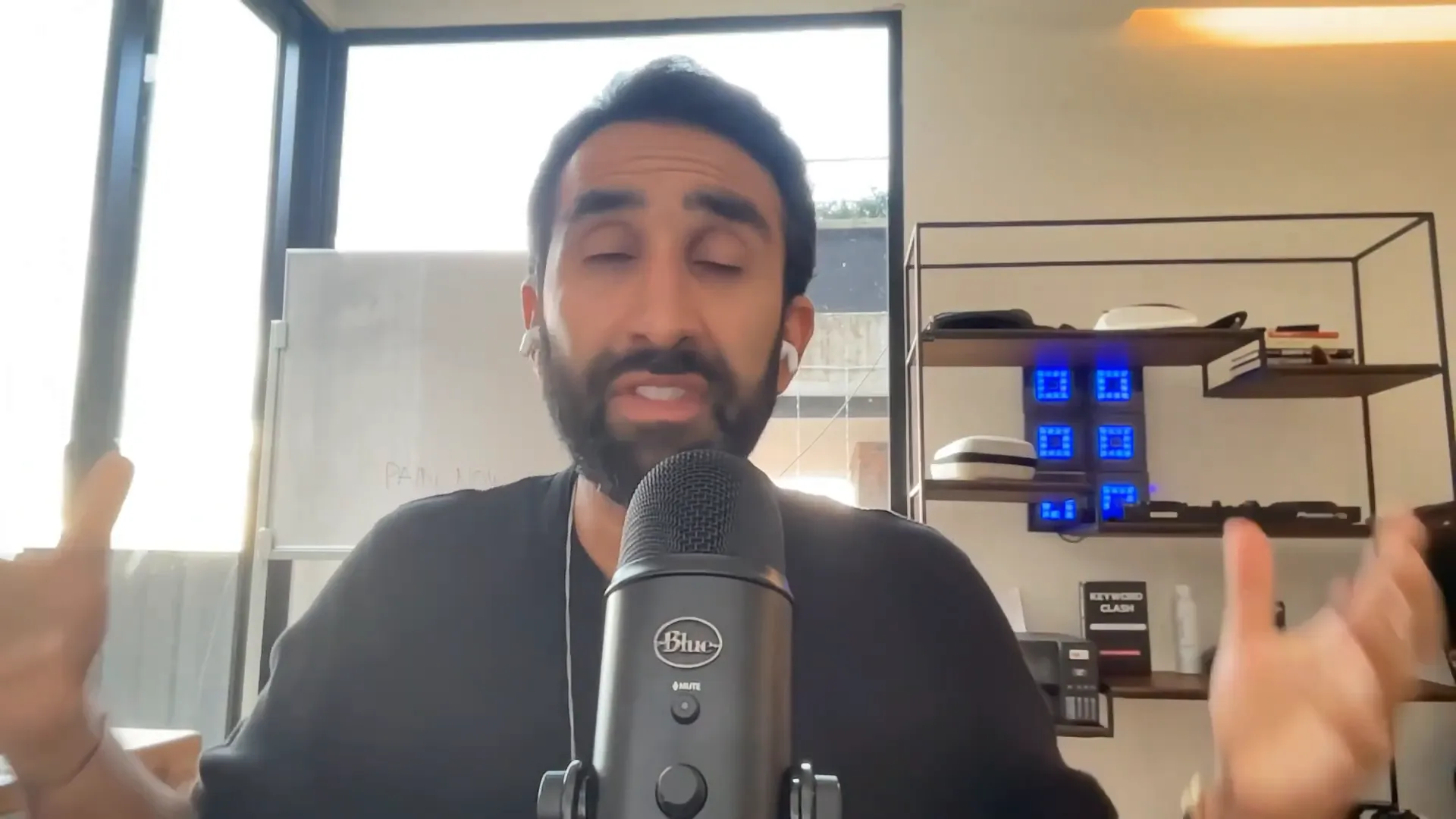
❓ FAQ
- What is Search Atlas? Search Atlas is an SEO platform that offers a suite of tools designed to optimize both paid and organic search strategies.
- How does Search Atlas improve SEO performance? It utilizes automation, data analysis, and unique features like Scholar Score and AEO to enhance visibility and efficiency.
- Why is video content important for SEO? Video content captures more search real estate and engages users effectively, which can improve rankings and visibility.
- What features should I look for in an SEO agency? Look for an agency that leverages modern tools like Search Atlas, focuses on data-driven strategies, and has a strong emphasis on video content.
- How can I keep up with changes in the SEO landscape? Stay updated with industry trends, continually test your strategies, and utilize platforms like Search Atlas to adapt quickly.
Comments
Post a Comment